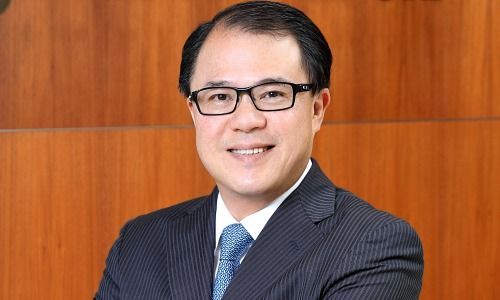Julius Baer is undeterred by widespread protests in Hong Kong and will keep hiring private bankers to cater to wealthy clients in China, top executive David Shick tells finews.com. A recent pickup in activity underpins its case.
The Zurich-based wealth manager has long proclaimed Asia to be at the heart of its growth strategy: the region now accounts for one fourth of its total client assets. Widespread protests in Hong Kong aren't changing Julius Baer's mind about the market, David Shick, its top banker for China, Hong Kong, and Taiwan told finews.com in an exclusive interview.
Shick hired forty bankers in the last six months for a Hong Kong-based team catering to wealthy Chinese, Taiwanese, and Hong Kong clients, he said. «I am not done hiring. In fact, my plan is to accelerate this push over the next two years,» Shick said.
The spree, which Shick said includes bankers from UBS, Credit Suisse, HSBC, Deutsche Bank, Standard Chartered, Bank of Singapore and BNP Paribas, comes against the backdrop of a contrarian view by Julius Baer on the situation in Hong Kong. House investment guru Yves Bonzon this month posed the territory's crisis as an opportunity for investors.
China Activity Quickens
Are clients biting, despite the instability ravaging Hong Kong? «Yes,» Shick says. «Clients share our view. It comes down to whether or not you believe China will be an asset class in its own right in the future. If you do then this is an excellent time to buy into that,» he said.
«We have had an uptick in client activity over the last month,» he said. Is the increase merely clients churning in and out of securities while the bulk of their assets are moved to safety elsewhere, such as Singapore? «No, I haven’t seen this so-called flight of assets to Singapore,» Shick added, who has been a banker in the region for several decades.
Singapore vs. Hong Kong
The boost from Asia is a welcome development for Philipp Rickenbacher, a former McKinsey consultant who took over as Julius Baer CEO last month (click here to read a profile of Rickenbacher). Traditionally, splitting assets between Hong Kong and Singapore was the default strategy for Asian clients to diversify, even during more peaceful times.
- Page 1 of 2
- Next >>




































